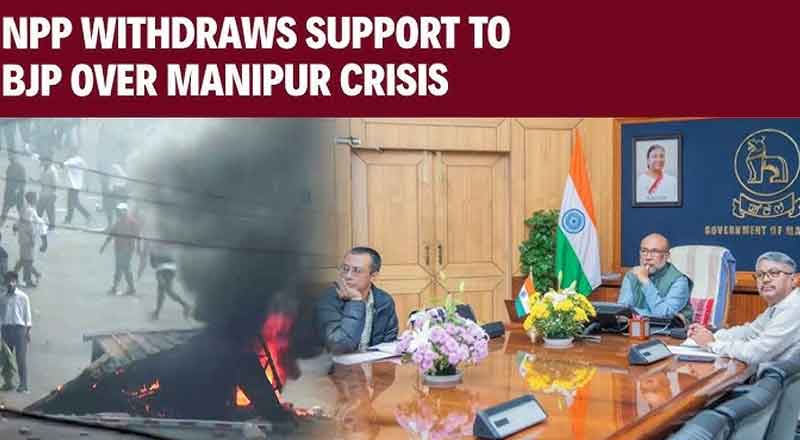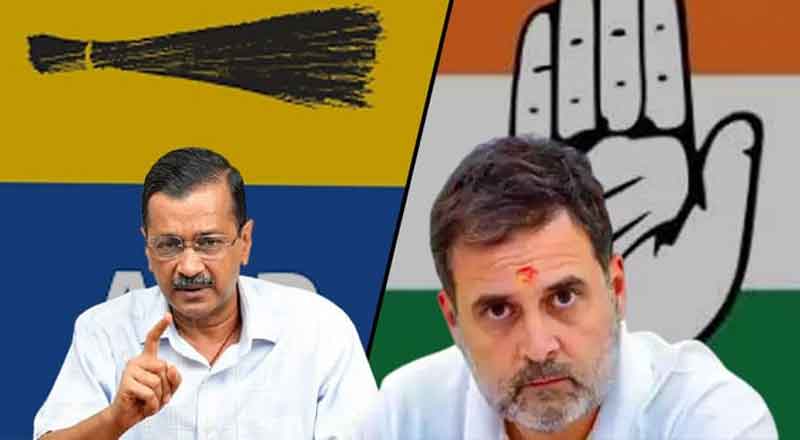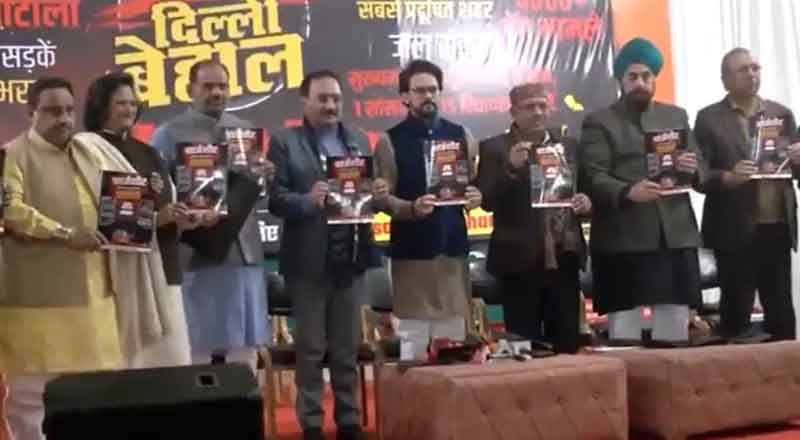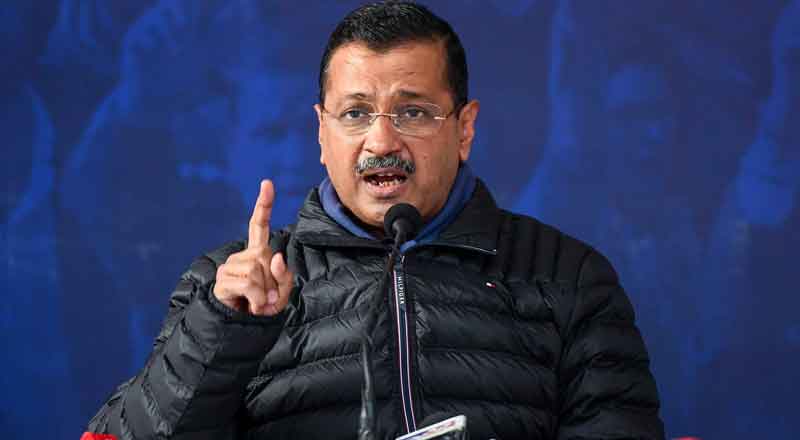NDA’s Rule in Manipur Under Strain
Since the Bharatiya Janata Party (BJP) took charge of Manipur in 2017, the National Democratic Alliance (NDA) government under Chief Minister N. Biren Singh has faced a challenging governance landscape. From ethnic tensions to socio-political unrest, Manipur’s stability has been tested repeatedly. The latest political tremor—triggered by the National People’s Party (NPP) withdrawing its support from the BJP-led coalition—has escalated the crisis, revealing deep fissures in the state’s administration.
Though the BJP retains a majority in the Assembly, the NPP’s pull-out underscores a loss of faith in Biren Singh’s government, raising questions about its ability to handle the ongoing unrest.
NPP’s Exit: A Blow to NDA’s Credibility
The NPP, led by Meghalaya Chief Minister Conrad Sangma, announced its decision to withdraw from the NDA government citing the administration’s failure to “restore normalcy” amid widespread violence in Manipur. The NPP’s seven MLAs represent a crucial segment of local political support, and their departure signals diminishing confidence in Biren Singh’s leadership.
Sangma’s statement condemned the government for allowing the crisis to spiral out of control, leading to the loss of innocent lives and heightened suffering. This decision, while not immediately threatening the BJP’s majority, casts a shadow over the NDA’s governance and its ability to address the state’s urgent needs.
The Crisis Deepens: Violence and Public Discontent
Manipur’s political turmoil is intertwined with escalating violence and public dissatisfaction. The NPP’s withdrawal came a day after mobs set fire to the homes of several state ministers and MLAs. These incidents followed the discovery of the bodies of a Meitei woman and two children in Jiribam district, allegedly killed by suspected Hmar militants.
The unrest reflects public anger over perceived governmental inaction and inefficacy. BJP MLA Khongbantabam Ibomcha acknowledged the growing frustration, stating that public representatives are seen as incapable of protecting citizens. An MLA whose home was targeted remarked, “People are angry, emotions are running high. They don’t know where to turn, so they are taking their anger out on us.”
Internal Discontent Within the BJP
The NPP’s departure adds to the BJP’s internal woes. Reports indicate that some BJP MLAs are dissatisfied with Biren Singh’s leadership and have sought intervention from Union Home Minister Amit Shah. The dissidents argue that Singh’s administration has been rendered ineffective, with key decisions allegedly being managed by the Centre through security advisors like Kuldiep Singh.
A BJP MLA described the chief minister’s situation as akin to being “thrown in a river with hands and legs tied.” This sentiment reflects the deepening divide within the party, with growing calls for decisive action from the central leadership.
Home Ministry’s Role and Response
Amid the turmoil, Home Minister Amit Shah has canceled political engagements in Maharashtra to focus on Manipur’s crisis. High-level meetings with security officials have been convened, with instructions to prioritize peace restoration. Central Reserve Police Force (CRPF) DG Anish Dayal Singh, a Manipur cadre officer, has been dispatched to the state, signaling the Centre’s heightened involvement.
Despite these measures, public skepticism remains. The violence, coupled with the imposition of the Armed Forces Special Powers Act (AFSPA) in the valley regions, has fueled perceptions of heavy-handedness rather than effective governance.
Opposition’s Move: Congress Offers Resignations
Sensing an opportunity, the Opposition Congress has intensified its attack on the NDA government. State Congress chief K. Meghachandra announced that he and four other MLAs were prepared to resign if it would help usher in a “new mandate” for peace. This political maneuver aims to project Congress as a viable alternative amidst the chaos, potentially rallying disillusioned voters.
Ethnic Tensions and a Strained Government
At the heart of Manipur’s unrest are long standing ethnic tensions between the Meitei and Kuki communities. The government’s failure to mediate these conflicts has exacerbated the situation, leading to widespread violence, displacement, and loss of life.
BJP MLAs from the Kuki community have also expressed dissatisfaction, further straining the party’s unity. This internal discord weakens the government’s ability to present a united front in addressing the crisis.
Political Fallout: What Lies Ahead
The NPP’s withdrawal highlights a larger problem: the erosion of trust in the NDA government’s ability to govern effectively. While the BJP’s numerical strength ensures short-term survival, the political cost of losing a key ally like the NPP could be significant. The unrest and violence have created an environment of instability, with public representatives increasingly becoming targets of anger. This situation may compel more MLAs to consider resigning or distancing themselves from the ruling coalition.
A Tipping Point for Manipur’s Politics
The NPP’s exit from the NDA government is a wake-up call for both the state and central leadership. Manipur’s escalating crisis demands more than administrative adjustments—it requires bold, empathetic, and inclusive governance to address the root causes of unrest.
For the BJP, the immediate priority is to stabilize the situation and restore public confidence, both through security measures and political outreach. For the NPP and other stakeholders, the withdrawal underscores the urgent need for accountability and action.
As Manipur grapples with this tumultuous phase, the political and social dynamics of the state are poised for transformation. Whether this moment leads to meaningful change or deepens the divides remains to be seen.
(With inputs from agencies)





